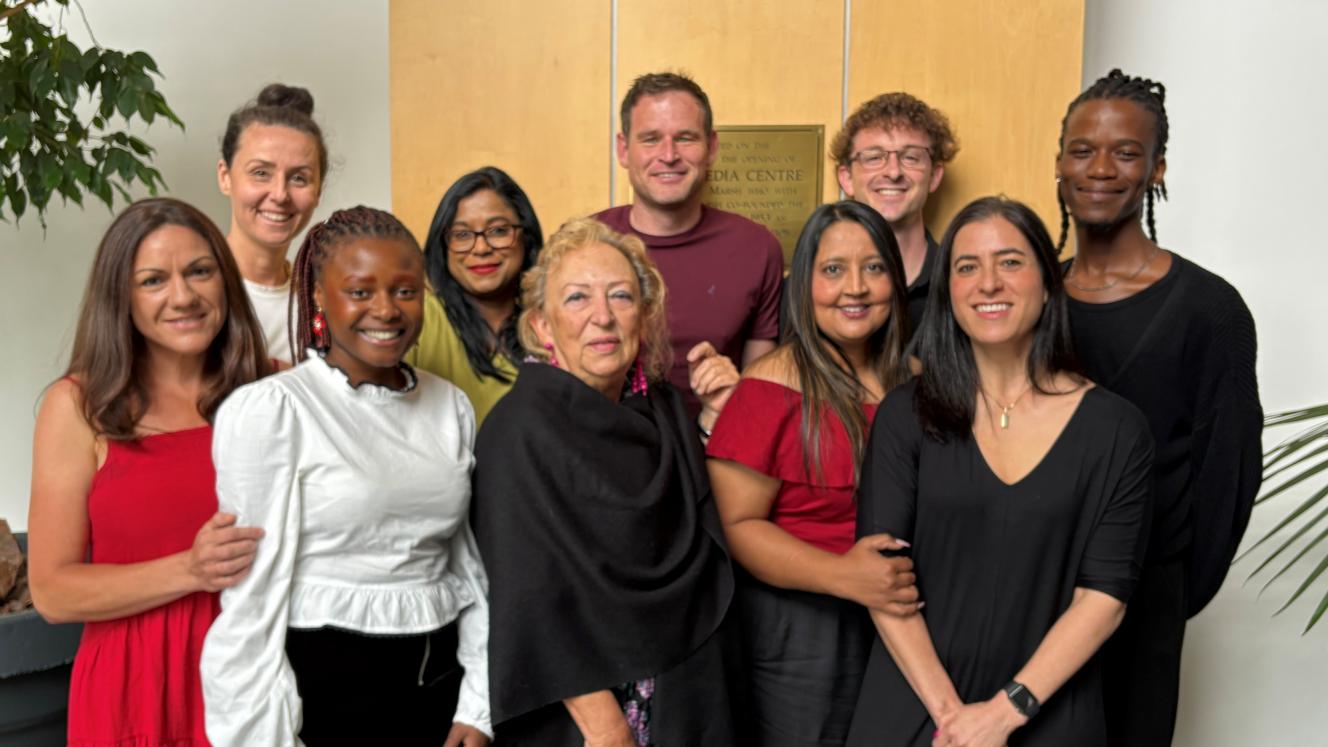A new study has highlighted the alarming deterioration of many of South Africa’s critically important provincial nature reserves due to systemic mismanagement, budget cuts and infrastructure collapse.
The EMS Foundation conducted an extensive in-field investigation of 53 provincial nature reserves across the country’s nine provinces between February 13 and June 10.
Only three of the reserves assessed (Madikwe Game Reserve in the North West, De Mond in the Western Cape and Goegap in the Northern Cape) were found to be functioning as intended. A total of 16 reserves were either permanently or temporarily closed – eight were found to be “paper parks” (listed but non-operational).
The study involved site assessments to evaluate infrastructure, biodiversity integrity and reserve accessibility combined with qualitative data collected through interviews with reserve personnel.
“This investigation reveals a dire situation with most reserves unable to fulfil their conservation objectives due to poor management, lack of funding, infrastructure decay and strained community relations. Key issues include widespread poaching, invasive species, unresolved land claims and inadequate staffing,” the EMS Foundation stated.
The study found all of South Africa’s provincial conservation authorities were affected by issues such as financial mismanagement, staff shortages and governance challenges.
The EMS Foundation pointed out that consequences of the crisis extend beyond biodiversity conservation to impact on cultural and heritage sites, employment and eco-tourism revenue generation.
“Provincial reserves – intended to be a cornerstone of ecological preservation and sustainable development – are instead becoming symbols of systemic neglect.”
Private-sector involvement delivers bright spots
The report found that reserves with private concessions – such as Madikwe, De Hoop in the Western Cape and parks of Mkhambati in the Eastern Cape – show promise in maintaining infrastructure and preserving wildlife.
Despite facing ecological management challenges due to its growing elephant population, Madikwe was praised for its tripartite model combining government oversight, private tourism investment and community partnership.
“Madikwe Game Reserve could exemplify how wildlife conservation can drive inclusive, sustainable economic development. Its model – linking eco-tourism, community benefit and biodiversity protection – has so far delivered measurable impact and international recognition.”
De Hoop – a crucial coastal biodiversity hotspot and one of the world’s best destinations for land-based whale watching – has generated significant revenue through public-private sector partnerships with the De Hoop Collection, Natural Selection’s Lekkerwater Beach Lodge and Morukuru.
“However, despite the income generated from these private initiatives, CapeNature’s ecological management has faced serious challenges. The reserve is increasingly affected by invasive alien plant species, particularly on the coastal dunes, and there are ongoing issues with poaching in the adjacent marine protected area.”
Mkhambati – the southern section managed by the Eastern Cape Parks and Tourism Agency (ECPTA) and the northern section through a co-management agreement between community stakeholders and Natural Selection – is described as a “tale of two management models”.
“The ECPTA has been widely criticised for poor infrastructure, inadequate maintenance and chronic underfunding. In contrast, the northern section demonstrates a successful model of community-led conservation and sustainable tourism. This duality highlights the urgent need for improved governance, investment and inclusive partnerships to secure the reserve’s long-term future.”














